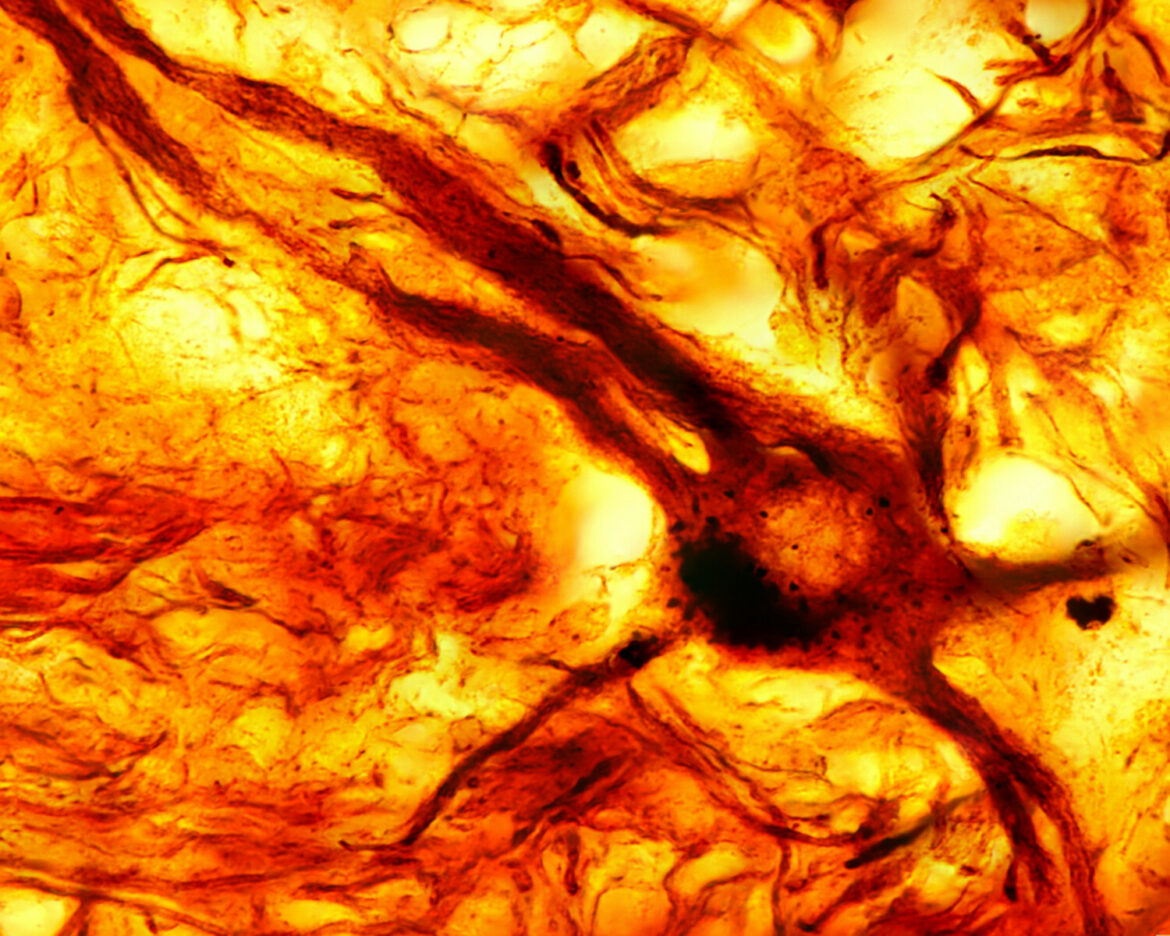Scientists from the Faculty of Physics of the Warsaw University of Technology (PW) and doctors from the hospital of the Ministry of Interior and Administration (MSWiA) in Warsaw conducted a study in which they checked the activity of the autonomic nervous system in young people in good condition and without any accompanying diseases in 4-6 weeks after infection with SARS-CoV-2.
The main conclusion of the research is that even a mild COVID-19 infection can affect the activity of the autonomic nervous system, also several weeks after infection.
About 100 men aged 20-25 participated in the study. The study group included students of the Main School of Fire Service in Warsaw, where there was an infection point a moment earlier, and the control group – students from other Warsaw universities.
Each participant was checked with a set of tests, including a 24-hour Holter test that is used to analyze heart rate variability. “By analyzing this variability, we can obtain information on the activity of the autonomic nervous system, i.e. the part where we have no direct control”, explains Dr Mateusz Soliński from the Faculty of Physics of the Warsaw University of Technology.
To study heart rate variability, scientists from the Warsaw University of Technology and doctors from the Ministry of Interior and Administration used a number of mathematical methods of signal analysis.
The results obtained by scientists show that coronavirus infection, even when symptoms are mild or absent, has some impact on the functioning of the body.
“We observed changes in the coupling of heart and respiratory rhythms and a higher activity of the parasympathetic system. We suspect that this may be related to pulmonary circulatory problems in people with COVID-19. This circulation is responsible for the transport of blood from the heart to the lungs and its oxygenation”, says Dr Mateusz Soliński.
The results of the Polish research are discussed in detail in the article “Heart rate variability comparison between young males after 4–6 weeks from the end of SARS-CoV-2 infection and controls”, published in the journal Scientific Reports.
Adrian Andrzejewski





